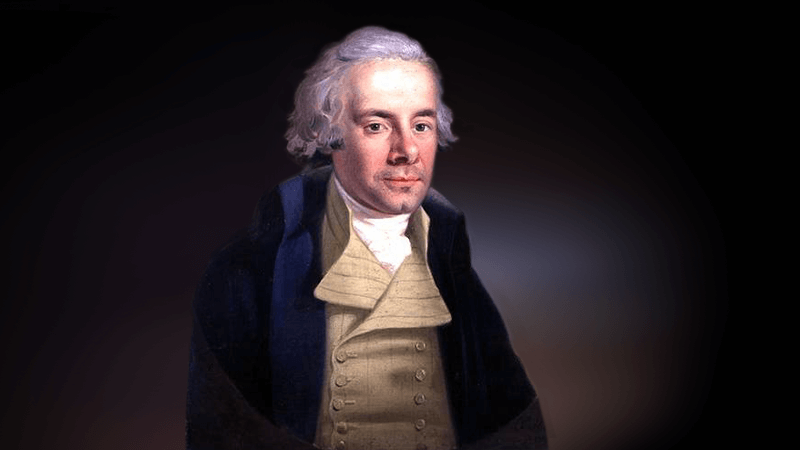On this day in 1834: The Abolition of Slavery Act comes into effect

Three days before his death on 26 July 1833, William Wilberforce learned that the abolition of slavery, a cause for which he had spent decades campaigning, was to become law. It received Royal Assent one month later. The Slavery Abolition Act finally took effect on 1 August 1834, 188 years ago today.
It expanded upon the Slave Trade Act of 1807, which had banned the sale and purchase of slaves across the British Empire, and the new law would gradually free over 800,000 slaves across most colonies in Africa and the Caribbean.
The campaign to end slavery began in earnest in the 1780s with the formation of the Society for Effecting the Abolition of the Slave Trade, comprised mostly of Quakers and evangelical Anglicans, including Thomas Clarkson, Granville Sharp, and later William Wilberforce.
The three, and many others, worked tirelessly across different walks of life in order to achieve their goal. Clarkson was a gifted essayist, arguing that it is unlawful to enslave a person against their will; Sharp used existing law to prove that slavery was not legal in England, and that once a slave sets foot on English soil he is free; and Wilberforce was the MP who tabled anti-slavery Bills almost every year.
It required a complete change in public perceptions but within 20 years the slave trade was abolished in the British Empire, though it would be another 26 years before slavery itself was outlawed.
There are many whose important work in banning slavery is less well known than that of Wilberforce, Sharp and Clarkson. But it is inarguable that it was evangelical Christians spearheading the campaign that still benefits millions of people across the world today.
